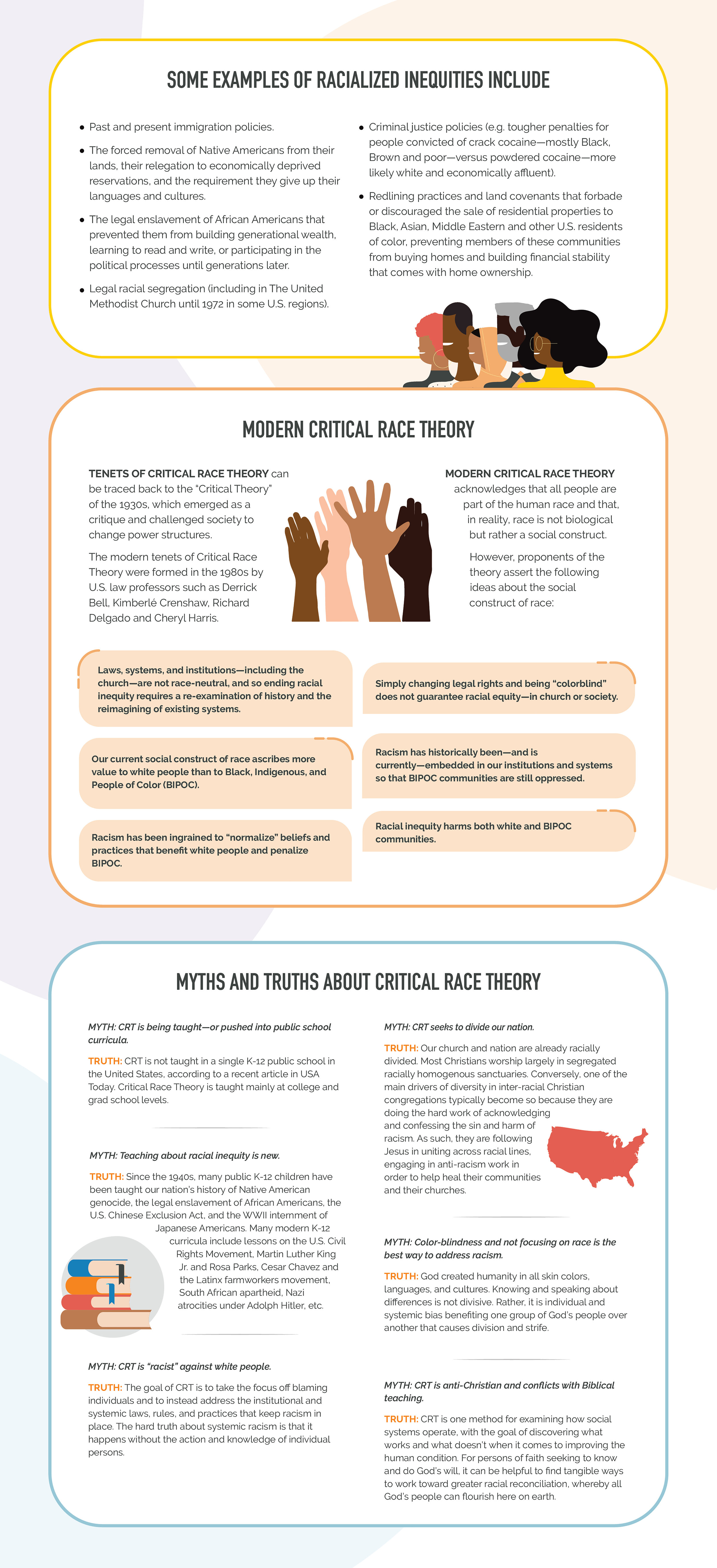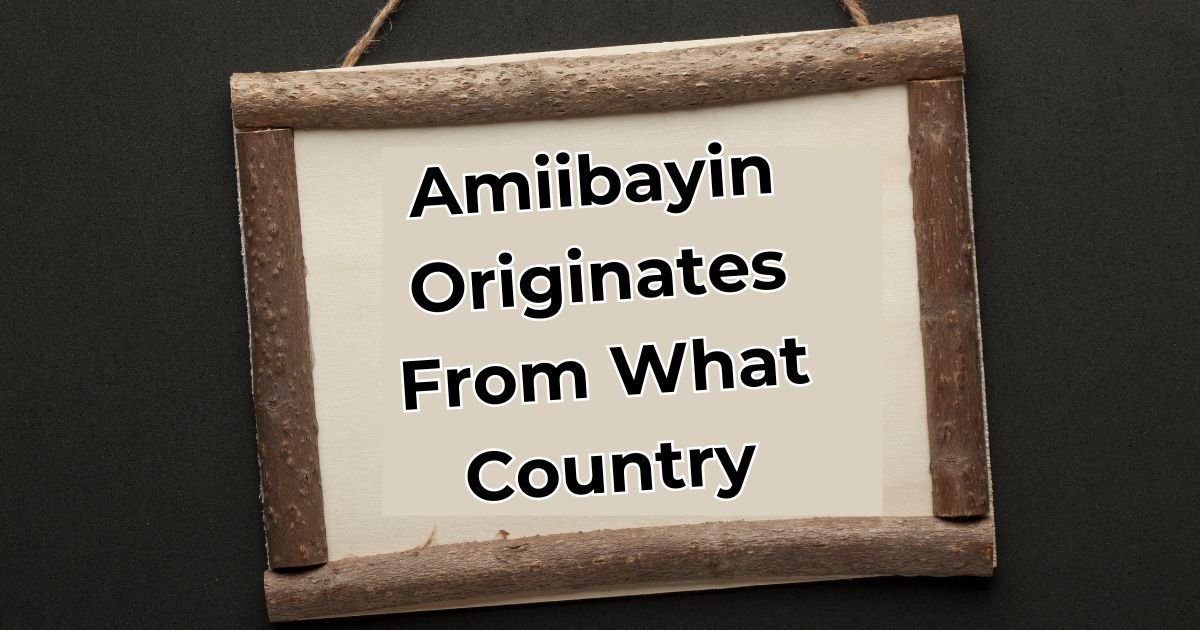{ what are god topics for bias }. Bias is an inherent aspect of human cognition that influences our perceptions, decisions, and interactions. This article delves into various forms of bias, their implications, and how they can be addressed, particularly in the context of faith and community.
1. Defining Bias
Bias refers to a tendency to favor one perspective over another, often leading to unfair judgments. It can manifest in various forms, including racial, cultural, and interpretive biases. Recognizing bias is the first step toward mitigating its effects.
2. Types of Bias
2.1 Racial Bias
Racial bias involves preconceived notions about individuals based on their race or ethnicity. It is often rooted in historical injustices and societal norms that perpetuate stereotypes. The Bible addresses racial bias, emphasizing that all people are equal in the eyes of God (Galatians 3:28) .
2.2 Cultural Bias
Cultural bias arises from the beliefs and norms of one’s own culture, which can lead to misinterpretations of other cultures. Understanding cultural contexts is crucial for fair assessment and interaction .
2.3 Interpretive Bias
Interpretive bias occurs when individuals impose their own beliefs or experiences onto texts or situations, distorting their true meaning. This is particularly relevant in theological discussions where different denominations may interpret scripture through their own theological lenses .
2.4 Unconscious Bias
Unconscious bias refers to the automatic judgments we make about others based on stereotypes we may not even be aware of. These biases can affect hiring practices, healthcare decisions, and educational opportunities .
2.5 Confirmation Bias
Confirmation bias leads individuals to favor information that confirms their existing beliefs while disregarding contradictory evidence. This can hinder personal growth and understanding .
3. The Impact of Bias on Relationships

Bias can significantly affect interpersonal relationships by fostering misunderstanding and conflict. It creates barriers to empathy and compassion, essential components of healthy relationships.
4. Addressing Racial Bias in Faith Communities
Faith communities are called to confront racial bias as it contradicts the core values of love and equality espoused in scripture. Church leaders must actively teach against favoritism and promote inclusivity .
5. The Role of Self-Awareness
Self-awareness is critical for recognizing personal biases. Engaging in reflective practices can help individuals identify their biases and work towards overcoming them .
6. Strategies for Mitigating Bias
6.1 Education
Educating oneself about different cultures, histories, and perspectives can reduce biases and foster understanding.
6.2 Open Dialogue
Encouraging open discussions about bias within communities can help individuals express their thoughts and learn from others’ experiences.
6.3 Implicit Bias Training
Participating in implicit bias training can raise awareness about unconscious biases and provide tools for addressing them effectively .
7. Theological Perspectives on Bias
Theological discussions often reveal biases that influence interpretations of scripture and doctrine. Recognizing these biases allows for a more faithful understanding of biblical teachings .
8. Personal Stories of Overcoming Bias
Sharing personal experiences related to bias can foster empathy and understanding within communities, helping others recognize their own biases.
9. The Halo Effect
The halo effect is a cognitive bias where an individual’s positive traits influence perceptions of their other characteristics. This phenomenon underscores the importance of evaluating individuals based on objective criteria rather than superficial attributes .
10. The Negativity Bias
Negativity bias refers to the tendency to focus more on negative experiences than positive ones. This can skew perceptions and lead to pessimism within communities .
11. Cognitive Dissonance
Cognitive dissonance occurs when individuals hold conflicting beliefs or attitudes, leading to discomfort that they seek to resolve by justifying their biases or changing their beliefs .
12. Scriptural Foundations Against Favoritism
The Bible explicitly condemns favoritism (James 2:1-4), urging believers to treat all individuals with dignity and respect regardless of their background or status.
13. Building Inclusive Communities
Creating inclusive environments requires intentional efforts to address biases at both individual and systemic levels within organizations.
14. The Role of Leadership in Combating Bias
Leaders play a pivotal role in setting the tone for inclusivity within communities by modeling unbiased behavior and promoting equitable practices.
15. Moving Forward: A Call to Action
Addressing bias requires ongoing commitment from individuals and communities alike. By fostering awareness, education, and dialogue, we can work towards a more equitable society that reflects the values of love and justice central to many faith traditions.
Conclusion what are god topics for bias
understanding and addressing bias is essential for fostering healthy relationships and inclusive communities. By recognizing our biases and actively working against them, we can embody the principles of equality and love espoused in many religious teachings.




